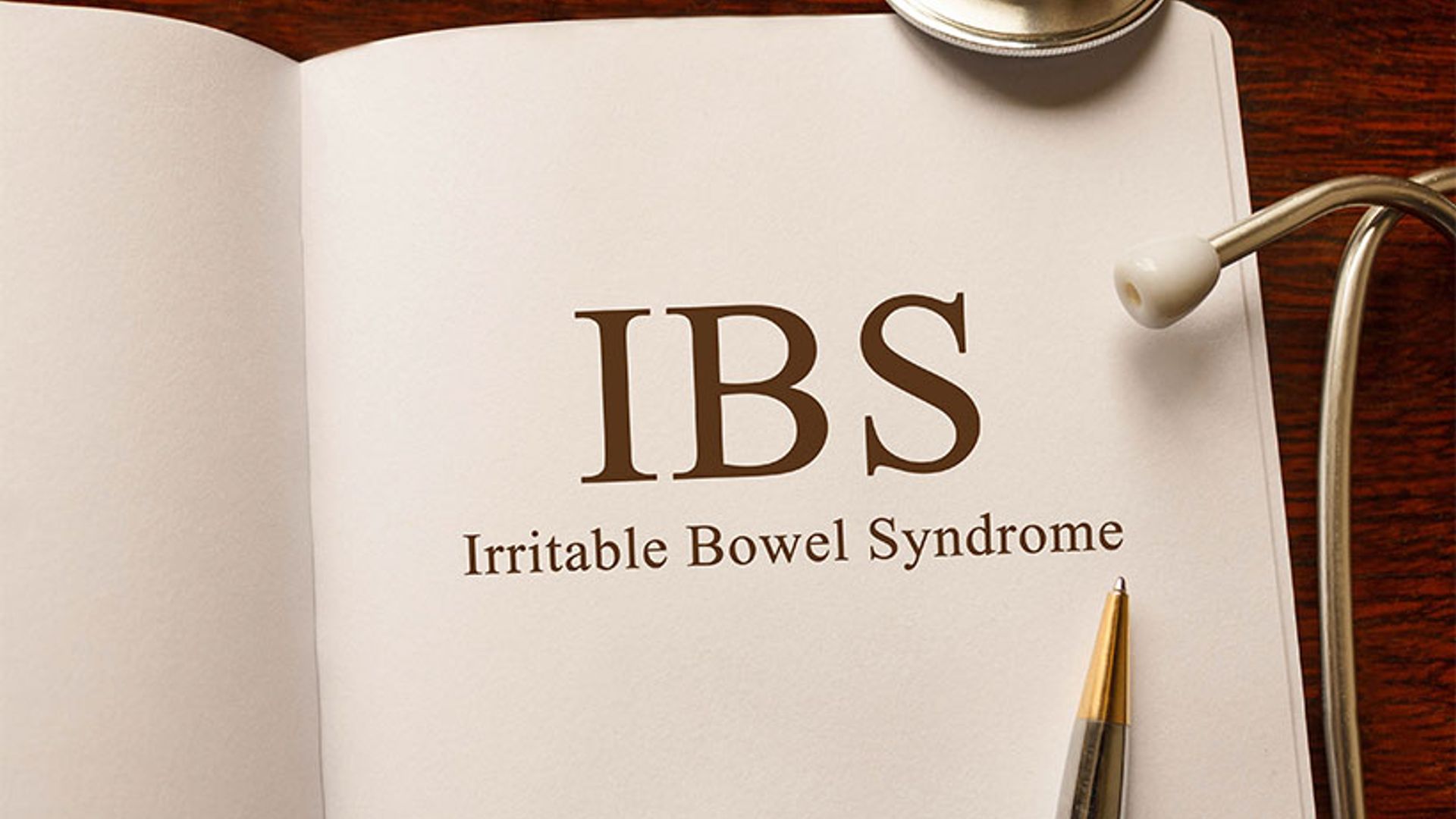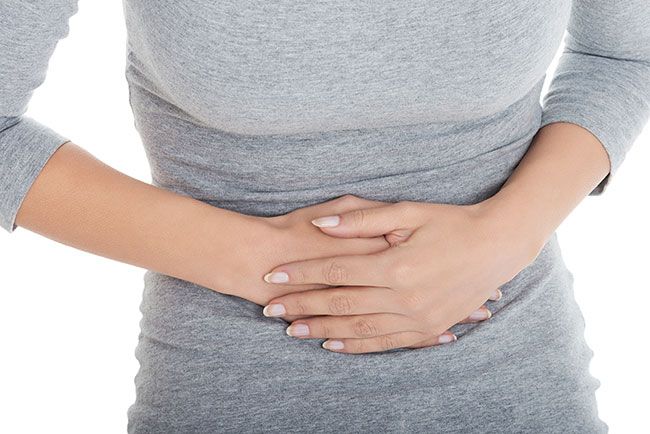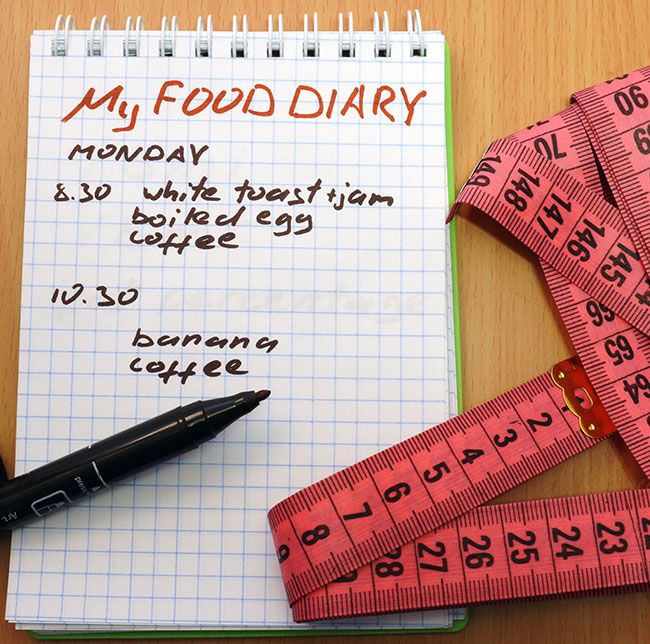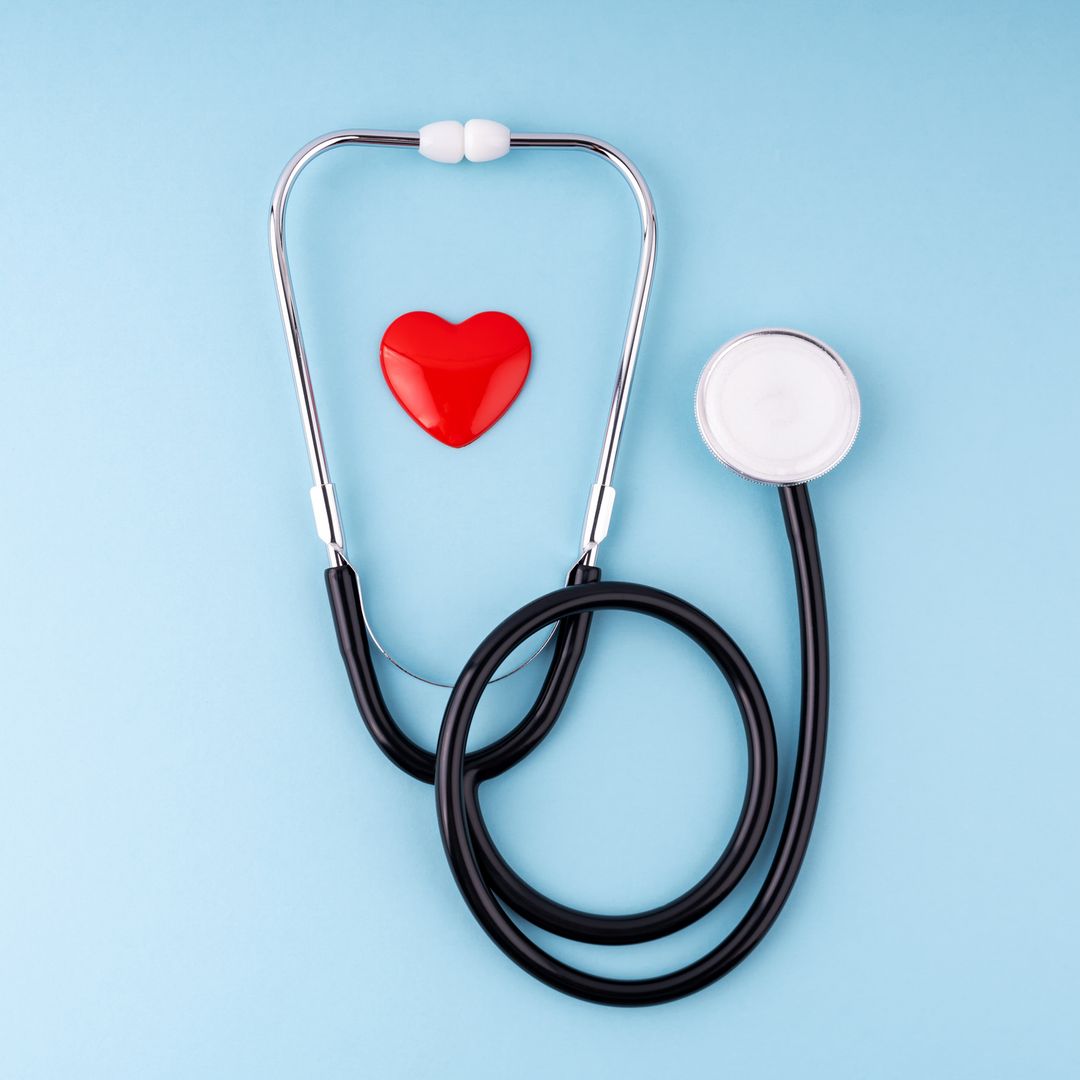Irritable Bowel Syndrome (IBS) is thought to affect as many as one in five people in the UK, leaving them struggling with symptoms including stomach cramps, bloating and a myriad of digestive issues. However it is often still misdiagnosed as symptoms are similar to a number of other health complaints, including more serious issues such as Crohn's and ulcerative colitis. In a bid to shed some light and understanding on the issue, April has been named as IBS Awareness Month. Find out more about the symptoms, treatment and possible causes of the condition here…
MORE: See our latest health features here
Symptoms:
Symptoms of IBS are usually worse after eating and tend to come and go. In some people the symptoms appear to be triggered by something they have eaten or drunk; and can last a few days before improving. The most common symptoms are…
- Abdominal pain and cramping
- A change in bowel habits, such as constipation or diarrhoea
- Flatulence
- Bloating and swelling of the stomach
- Occasionally experiencing an urgent need to go to the toilet
- Passing mucus
Additional symptoms can include…
- A lack of energy
- Feeling sick
- Backache
- Bladder problems
- Symptoms may trigger anxiety or depression
Diagnosis:
There is no specific test for diagnosis of IBS, so your GP will assess you for the condition if you have experienced the symptoms above for more than six months. Your doctor may arrange further tests such as a blood test to rule out other conditions that may cause similar symptoms.
Treatment:
Diet and lifestyle changes can have a big impact on managing IBS for many people. To identify what might be triggering your IBS, keep a food diary adding a note when you notice any reactions to particular foods. It may be that certain foods are causing your IBS, or it could be the time of day or your mood, for example when you are feeling stressed or tired.
STORY: The best healthy eating Instagram accounts to follow
Wheat and dairy foods have been found to be the biggest food triggers in IBS. Other foods including chickpeas, lentils and other beans may also cause bloating, abdominal discomfort and diarrhoea, while coffee can be yet another trigger for some people.
Many IBS sufferers find that following a Low FODMAP diet (fermentable oligosaccharides, disaccharides, monosaccharides and polyols) helps to ease symptoms. These are types of carbohydrates that aren't easily broken down and absorbed by the gut, such as wheat products and beans, along with animal milk and some fruits and vegetables. It's best to make changes to your diet under the guidance of a professional dietician or nutritional therapist.
Supplements:
Some supplements may help to ease IBS symptoms, including magnesium, which helps to relax the muscles and prevent cramping and spasms. Probiotics may also help to promote general gut health, while low levels of vitamin B6 have been associated with IBS – consider boosting your intake with a multivitamin and mineral supplement.
If you have any health concerns it is important to visit your GP and seek professional medical advice.










